“Easy A” (2010) and high school perversity
23 September 2010
Here’s what I like about this movie: it’s funny; Emma Stone makes an adorable, smart, eminently watchable star; and it sneaks in a literary tie-in to Hawthorne’s Scarlet Letter (what can I say? I’m a geek). About a year from now when it appears in heavy rotation on Sunday afternoon cable TV, I’ll watch it and laugh all over again. But don’t get me wrong: this is not a great high school sex comedy in the vein of “Clueless” or “Say Anything” — it just doesn’t quite hold together, especially after about the midway point. Watching it made me realize two things about this genre: that these films rely on perversity to explain the absurdity of high school, but that viewers’ credulity can only be stretched so far. 
Oh, it starts so well. Olive (Stone) is smart, overachieving, and pretty, but invisible in her Ojai, CA high school. Smart in a good way, that is: when her English class is assigned The Scarlet Letter, she rants to us that all her peers have rented the Demi Moore adaptation — which, she explains, isn’t just unfaithful to the book but a bad movie, especially compared with the original film, a 1926 silent with Lillian Gish. (You see how much this was working for me?) But this isn’t a geekfest, it’s a sex comedy: she then proceeds to tell us, both to her webcam and in a series of flashbacks, how everything changed.

One day in the girls’ bathroom, Olive finds herself making up an elaborate tale about having sex with a college guy rather than admit she just didn’t want to go camping with her best friend, Rhiannon, and her nudist parents. It convinces Rhi, but is overheard by the school’s sanctimonious queen of the super-Christians (Amanda Bynes) — and soon the word is out, as the camera pans to find everyone on campus whispering and texting furiously. First misstep: who ever heard of a high school where no one is having sex, much less in Ojai, CA?
But for the moment I suspended disbelief because this is where high school sex comedies invariably take us: they explain for us the perverse and surreal internal logic of its cliques, unspoken rules, hopeless crushes, humiliations. Whether it’s John Cusack trying to kill himself over and over in “Better Off Dead” (1985) or Winona Ryder hooking up with a Jack Nicholson-esque Christian Slater to kill their high school’s douchebags in “Heathers” (1989), these stories work because high school is so bizarre on its own. It makes sense in “Easy A” that Olive not only shoulders her new reputation, but uses it to poke her fellow students in the eye when her friend Brandon, who’s tired of being harassed for being gay, begs her to pretend to be his girlfriend. (Again, in Ojai? Why not set the story in Idaho if you need an anti-sex, homophobic locale?) She agrees, but ratchets it up a notch: they show up to a big party, lock themselves in a bedroom, and pretend to have the noisiest, most raucous sex they can muster. She’s saved Brandon’s reputation by turning herself into a full-fledged school slut — so, being a wry, irreverent, smartypants type, she buys a bunch of naughty bustiers, pins on a big red A, and wears them to school.
Okay, so the literary tie-in doesn’t work, because it’s not possible to translate The Scarlet Letter into a high school sex comedy, especially when our heroine hasn’t had sex at all. This is no “Clueless” (1995), for which director Amy Heckerling translated Jane Austen’s Emma; nor is it “10 Things I Hate About You” (1999), a movie that improved on Shakespeare’s misogynistic Taming of the Shrew, if you ask me. But the movie goes beyond high-school perversity when all manner of overweight, acne-scarred, hopeless boys at school ask Olive to work her fake-slut magic on their reputations — and she agrees, but only if they’ll give her gift cards. That is, in exchange for a $50 gift card from Beds-n-Things, she’ll say she made out with you; for a $100 card for Macaroni Garden, she’ll say you had sex. Why gift cards? Because it somehow keeps it outside of the formal definition of “sex work”? The movie doesn’t know what to do with this, and neither do we — it’s a bad, weird mistake. If the movie is so eager to tell us that Olive is a virgin, why does it turn her into a prostitute by having her demand gift cards from eager johns?

Most of all I wished I knew more about Olive’s motives. We’re vaguely aware that she sort of likes Todd (Penn Badgley), the improbably hunky guy who humiliates himself publicly and frequently as the school’s woodchuck mascot. Despite being characterized as sort of a lovable dweeb, Todd shows off his ridiculously beefy torso and huge biceps way too frequently (he hardly ever seems to have his shirt on) to pass as a high school student. (I walked out of the theater spluttering that he looks like he’s 32 years old, but in fact the actor is not quite 24. Still. Remember “Grease,” in which all the actors look like the parents of high-school age kids?) But Olive’s interest in Todd doesn’t really emerge clearly till the end. Nor is it clear why all the adult characters (and what actors! Patricia Clarkson, Lisa Kudrow, Stanley Tucci…) in the film are living such happy sex lives, but their kids are so puritanical. All of this strains credulity.
So yeah, it has its problems, but it makes you look back fondly on a lot of those earlier films. If I were the “Filmspotting” guys, I’d host a marathon of great high school sex comedies to think more broadly and theoretically about what works — and with that in mind, let me tell you some of my favorites that lie just a little bit outside the genre but ultimately make it better:
- Flirting (Australia, 1991, with Noah Taylor and Thandie Newton as the luminous leads)
- Gregory’s Girl (Scotland, 1981, with John Gordon Sinclair as our bony, awkward hero)
- Dazed and Confused (Austin, TX, 1993: ensemble cast of a generation)
- American Graffiti (Calif., 1973, a beautiful film)
- Rushmore (Houston, 1998, in which Max Fischer stole my heart)
- Saved! (middle America, 2004, in which the Christians learn to ease up on the dogma)
But maybe for the short term I’ll watch “Say Anything” again and relive my high school fantasies about John Cusack as Lloyd Dobler. And then give myself a dose of “Clueless.” As if!
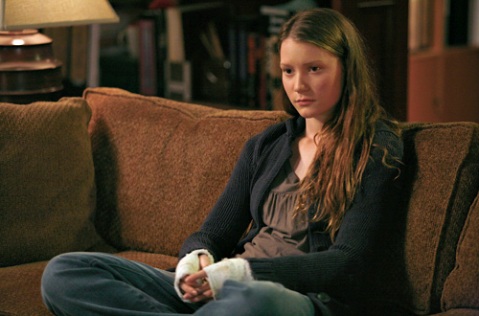
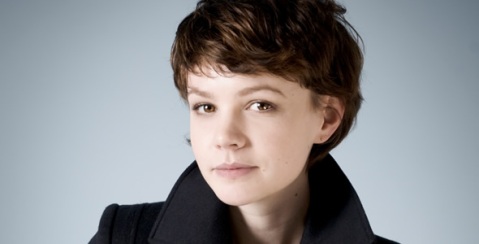
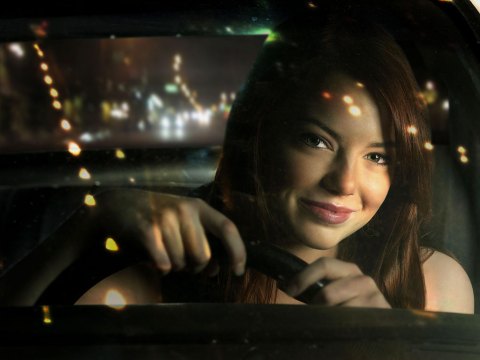
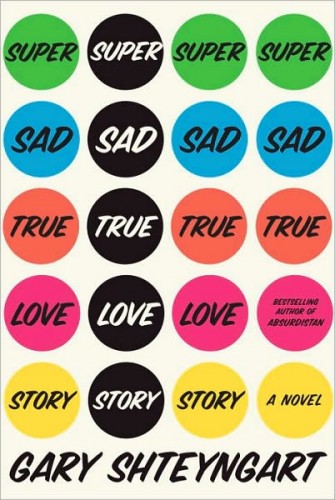
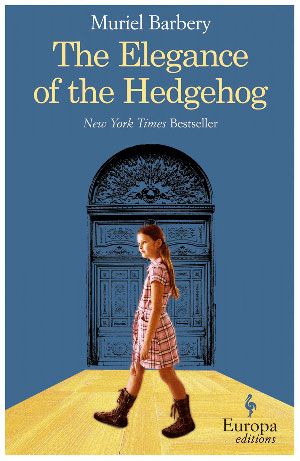 I’ve plunged myself into Muriel Barbery’s wonderful novel, The Elegance of the Hedgehog, which moves back and forth between the interior monologues of two brilliant women: the autodidact Renée, who hides behind her mask as an unkempt, sullen concierge in an elegant Paris apartment building; and Paloma, the precociously intelligent 12-year-old who lives upstairs and despises the pretentions of her family, teachers, and classmates. They seem to be on a path to discover one another — but I’m at the point in the novel when I’m so enjoying just listening to them think out loud that I’m not sure I care whether the narrative goes anywhere (Paloma has a diatribe about why grammar is about accessing the beauty of language that’s so wonderful I’m thinking of plagiarizing it for use in my classes).
I’ve plunged myself into Muriel Barbery’s wonderful novel, The Elegance of the Hedgehog, which moves back and forth between the interior monologues of two brilliant women: the autodidact Renée, who hides behind her mask as an unkempt, sullen concierge in an elegant Paris apartment building; and Paloma, the precociously intelligent 12-year-old who lives upstairs and despises the pretentions of her family, teachers, and classmates. They seem to be on a path to discover one another — but I’m at the point in the novel when I’m so enjoying just listening to them think out loud that I’m not sure I care whether the narrative goes anywhere (Paloma has a diatribe about why grammar is about accessing the beauty of language that’s so wonderful I’m thinking of plagiarizing it for use in my classes).




